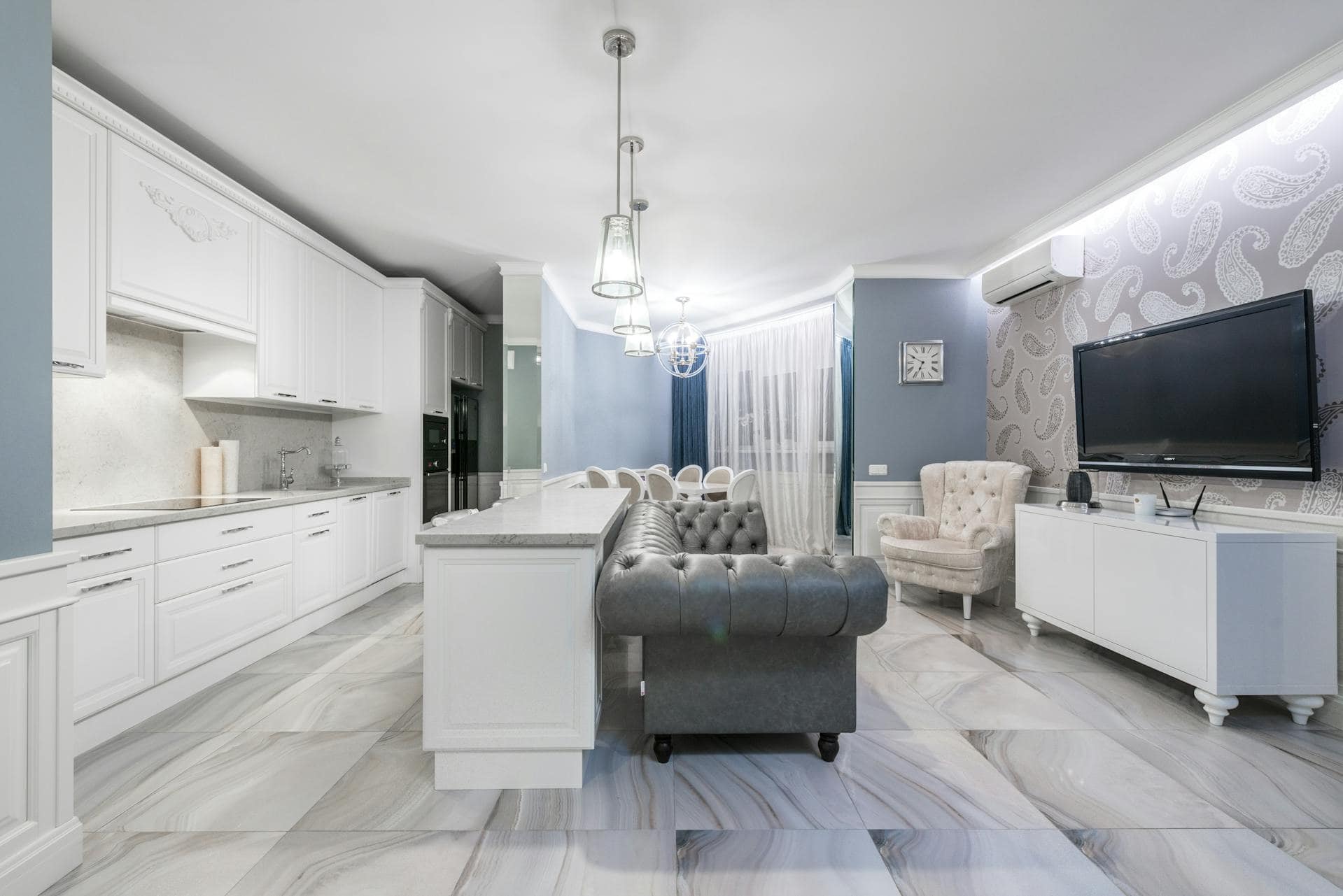
Question: What Kitchen Flooring is Scratch Proof?
Answer: No kitchen flooring is completely scratch-proof. However, porcelain tile, ceramic tile, and some luxury vinyl plank (LVP) options offer excellent scratch resistance.
Kitchen Floors: Resisting Scratches
There’s nothing more frustrating than seeing your beautiful kitchen floor marred by unsightly scratches and scuffs. The constant worry of damage from dropped utensils, pet claws, or even just everyday foot traffic can take away from the joy of your space. Thankfully, there are flooring solutions designed to combat these challenges. This guide explores a range of scratch-resistant options, providing you with the knowledge to choose a floor that not only looks stunning but also offers the peace of mind that comes with knowing it can withstand the tests of time and daily use.
Tile: A Durable Choice
Tile offers excellent scratch resistance. Ceramic and porcelain tile, in particular, score high on the hardness scale. They withstand daily kitchen activities with ease. Glazed tile provides an extra layer of protection.
Ceramic Tile:
Budget-friendly and readily available, ceramic tile resists scratches well. Choose a high-quality ceramic tile for best results.Porcelain Tile:
Denser than ceramic, porcelain tile offers superior scratch and stain resistance. It also absorbs less water.
Tile installation requires grout lines, which can stain. Sealing grout helps prevent this issue.
Click here for more information on cabinet refacing near me Toronto
Related Article: What Kitchen Floors Don’t Show Dirt?
Related Article: What Kitchen Flooring Adds the Most Value?
Vinyl: Resilient and Affordable
Vinyl flooring offers good scratch resistance at an affordable price. Luxury vinyl plank (LVP) and luxury vinyl tile (LVT) mimic the look of hardwood or stone, with added durability. A wear layer protects the surface from scratches.
LVP:
Resembling wood planks, LVP provides a warm, inviting look. Its wear layer offers good scratch protection.LVT:
Mimicking stone or ceramic tile, LVT provides a stylish and durable option. Choose LVT with a thick wear layer for enhanced scratch resistance.
While vinyl resists scratches, very sharp objects can still cause damage. Regular cleaning helps maintain its appearance.
Laminate: Budget-Friendly Scratch Protection
Laminate flooring consists of multiple layers, including a wear layer. This wear layer provides scratch resistance. Laminate floors offer a wide range of styles, mimicking wood and stone.
High-Pressure Laminate (HPL):
More durable than standard laminate, HPL offers better scratch and impact resistance. It suits busy kitchens.Direct-Pressure Laminate (DPL):
More affordable than HPL, DPL still provides good scratch protection. It’s suitable for kitchens with moderate traffic.
While the surface resists scratches well, sharp objects can still penetrate the wear layer, causing damage.
Hardwood: Classic Beauty with Considerations
Hardwood flooring adds warmth and character to any kitchen. Its scratch resistance depends on the wood species and finish. Harder woods, like hickory and maple, resist scratches better than softer woods.
Solid Hardwood:
Durable and refinishable, solid hardwood can last for generations. However, it’s more susceptible to scratches than other options.Engineered Hardwood:
More stable than solid hardwood, engineered hardwood also offers good scratch resistance. Its layered construction enhances durability.
Regular maintenance, including sweeping and occasional refinishing, helps maintain hardwood’s appearance. Protective mats under heavy appliances can prevent scratches.
Concrete: Industrial Chic and Durability
Concrete flooring offers excellent scratch resistance. Sealed concrete provides extra protection against stains and scratches. Concrete floors can be stained or painted to match any kitchen design.
Polished Concrete:
Polishing concrete creates a smooth, durable surface with high scratch resistance. It provides a modern, industrial look.Stained Concrete:
Staining adds color and character to concrete floors while maintaining their durability and scratch resistance.
Concrete can be cold and hard underfoot. Rugs or mats can add warmth and comfort.
Conclusion
Choosing scratch-proof kitchen flooring requires careful consideration of your budget, lifestyle, and design preferences. Tile, stone, and concrete offer high scratch resistance, while vinyl, laminate, and hardwood offer good scratch protection at varying price points. Evaluating each material’s pros and cons helps you select the best flooring for your kitchen. [ 1 ]
References
1. https://allfloors.ca/2023/12/04/the-best-scratch-resistant-flooring-options/

Blue Malue Get in touch with Blue here.
